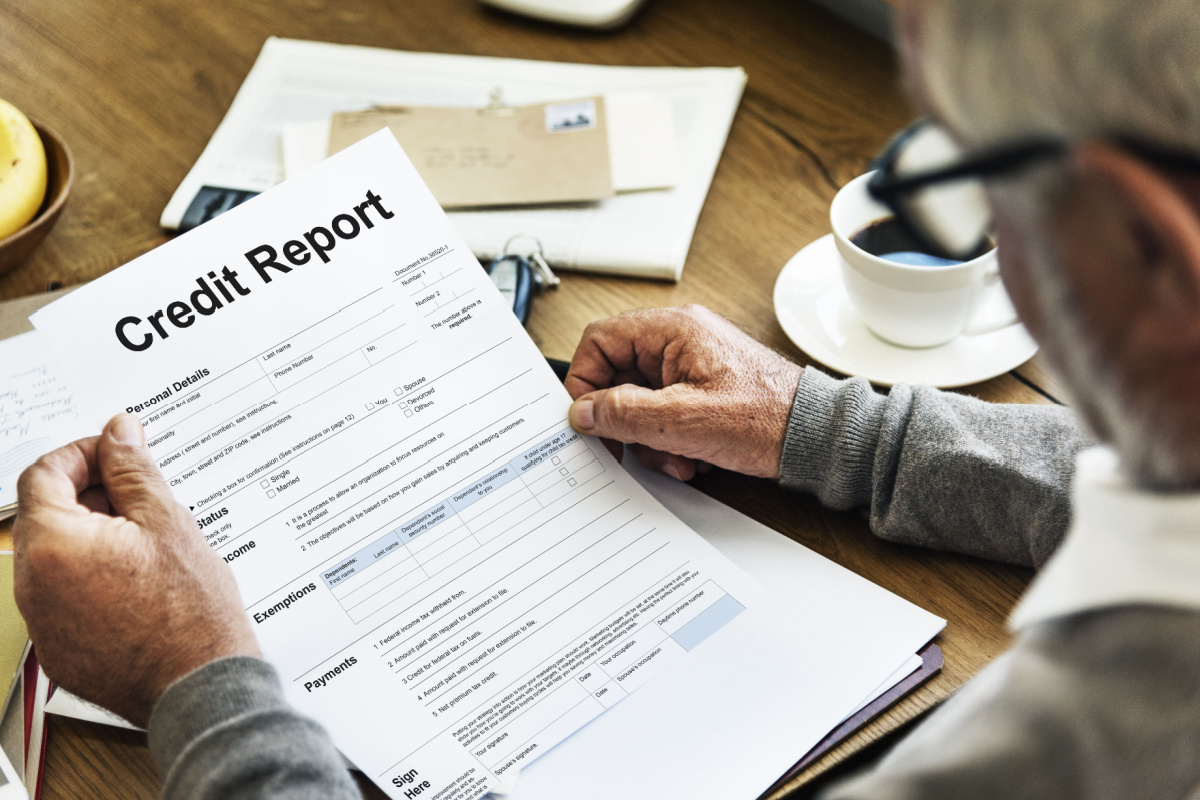





Attorney at Debt Advisors Law Offices
Practice Areas: Chapter 7 Bankruptcy, Chapter 13 Bankruptcy, Stop Foreclosure

Bankruptcy significantly affects a person’s credit score, often resulting in a noticeable drop. This decrease is because bankruptcy filings remain on credit reports for a considerable period. For Chapter 7 bankruptcy, it stays for 10 years, while Chapter 13 remains for 7 years. However, the impact on credit score lessens over time.
During the initial period following a bankruptcy, individuals might face challenges in securing new credit. Lenders typically view bankruptcy as a substantial adverse event. Despite these challenges, the decline in credit score is not permanent. As time passes, individuals who demonstrate financial responsibility gradually improve their scores. Consistent, responsible financial behavior, such as timely bill payments and careful management of new credit, helps rebuild credit health over time.
Rebuilding credit following bankruptcy discharge involves a series of practical steps. Initially, individuals must ensure their credit report accurately reflects the discharge. Errors on credit reports are not uncommon, so verifying debts discharged in bankruptcy are correctly reported as such is important.
Secondly, adopting responsible credit habits plays a pivotal role. This includes paying bills on time, which is a key factor in credit scoring. Even small or regular payments, if consistent, contribute positively to rebuilding credit.
Thirdly, individuals can consider obtaining a secured credit card. Unlike regular credit cards, secured cards require a deposit, which typically becomes the credit limit. Usage of this card, if managed well, can be an effective tool in rebuilding credit.
Budgeting and financial planning are also integral. Establishing a realistic budget helps in managing finances better and avoiding falling into debt again. Monitoring credit scores regularly is advisable too. It helps individuals track their progress and understand the factors affecting their score.
Lastly, patience is important. Rebuilding credit is a gradual process and improvements will be seen over time with consistent financial discipline.
The duration of the effects of bankruptcy on a credit report depends on the type of bankruptcy filed. For Chapter 7 bankruptcy, the most common form, the impact lasts for 10 years from the filing date. This type involves liquidating assets to pay off debts and usually results in a discharge of most debts. Because of its severity in terms of debt relief, it remains on the credit report for a longer period.
In contrast, Chapter 13 bankruptcy, which involves a repayment plan over three to five years, stays on the credit report for 7 years. This type is often viewed slightly more favorably by creditors as it involves repaying some of the debts.
Regardless of the type, the effect of bankruptcy on credit scores is most significant in the first few years following the filing. Over time, the impact diminishes, especially if individuals engage in positive credit behavior like timely payments and responsible credit use. Bankruptcy record ages, its influence on credit decisions and scores lessens, allowing for financial recovery and rebuilding of creditworthiness.
Post-bankruptcy, accurate credit reporting is vital for financial recovery. Individuals have specific rights under the Fair Credit Reporting Act (FCRA) to ensure their credit reports are correct and fair.
First, individuals have the right to a free credit report from each of the three major credit bureaus annually. Reviewing these reports is crucial to identify any inaccuracies or outdated information. Individuals can dispute errors directly with the credit bureau if errors are found. The bureau is required to investigate and correct any inaccuracies typically within 30 days.
Additionally, individuals have the right to request the credit bureau send corrected information to anyone who received a report containing errors in the past six months. This is particularly relevant for those seeking employment, insurance, or rental housing.
If a credit bureau fails to correct errors, individuals can seek legal remedies and have the right to sue in federal court for damages if a bureau willfully or negligently fails to maintain accurate information.
Lastly, staying informed and proactive about credit reports is key. Regular monitoring and immediate action on discrepancies can significantly mitigate the negative impact of inaccurate reporting post-bankruptcy.
Improving credit scores post-bankruptcy involves strategic actions focused on establishing a positive credit history. One effective strategy is to obtain a secured credit card. With a secured card, a deposit serves as collateral and often equals the credit limit. Responsible use of this card, such as making small purchases and paying the balance in full each month, can demonstrate creditworthiness over time.
Another strategy is becoming an authorized user on a family member or friend’s credit card. If the primary cardholder has a strong payment history, the positive credit activity can reflect on the authorized user’s credit report.
Additionally, installment loans, like a credit builder loan, can also contribute to a better credit score. These loans are designed specifically for building credit and involve borrowing a small amount and repaying it over a set period. Timely payments on these loans can positively impact credit scores.
It’s also important to consistently pay all bills on time, as payment history is a significant factor in credit scoring. Even non-credit bills like utilities and rent can impact credit scores.
Lastly, regularly monitoring credit reports for errors and disputing any inaccuracies is crucial. Ensuring credit reports accurately reflect financial behavior is key in improving credit scores after bankruptcy. Patience and consistency in these efforts are vital, as credit repair is a gradual process.

Several misconceptions about bankruptcy and credit reports can mislead individuals. A common belief is bankruptcy ruins credit forever. While bankruptcy significantly impacts credit scores, it is not a permanent detriment. Individuals can rebuild their credit over time, especially with responsible financial behavior.
Another misconception is all debts are wiped out in bankruptcy. While bankruptcy can discharge many debts, certain obligations like student loans, alimony, child support, and some tax debts often remain.
Some people also mistakenly believe once they file for bankruptcy, they will never qualify for credit again. Individuals may start receiving credit offers shortly after bankruptcy, although these typically come with higher interest rates and fees. Responsible use of such credit can aid in rebuilding credit scores.
There’s also a myth filing for bankruptcy is more damaging to a credit report than struggling with overdue payments. In some cases, continuing to miss payments can be more harmful over time than the finite impact of bankruptcy.
Finally, many assume bankruptcy affects the credit scores of all family members. In reality, bankruptcy only impacts the credit report of the individual who files. However, joint accounts or co-signed loans could affect the non-filing partner’s credit if those debts are discharged.
If you are filing for bankruptcy, contact us or call us at 866-696-6432 today for a free consultation.

Learn about bankruptcy protections, types of bankruptcy, how to get started, what to expect, and who to trust. Filing bankruptcy is the ONLY way to completely eliminate debt. If bankruptcy is right for you, it offers powerful protections that cannot be achieved through alternative solutions such as hardship relief, loans, or debt settlement.